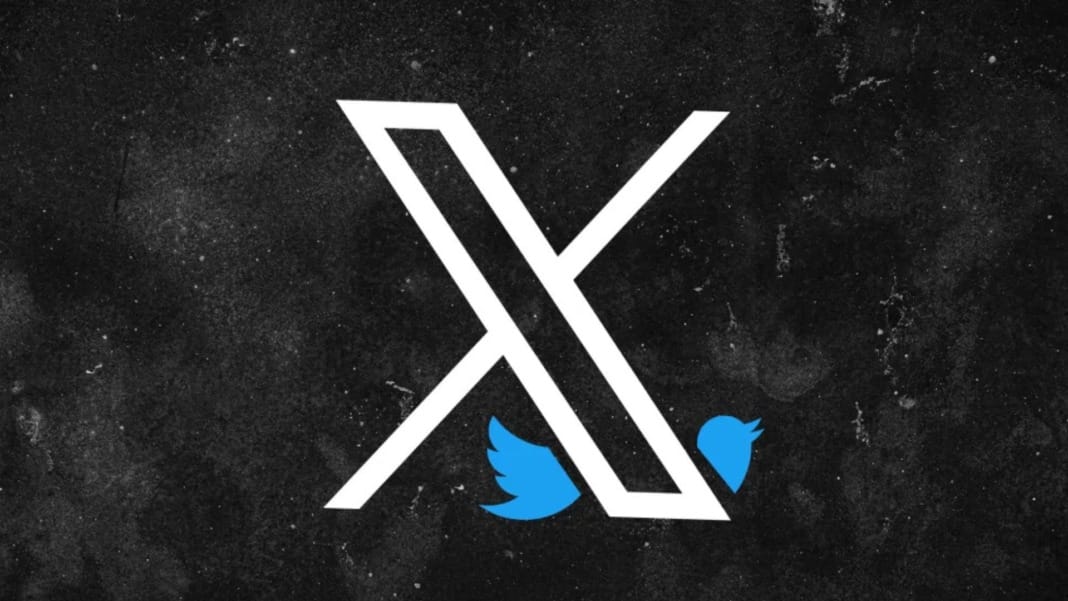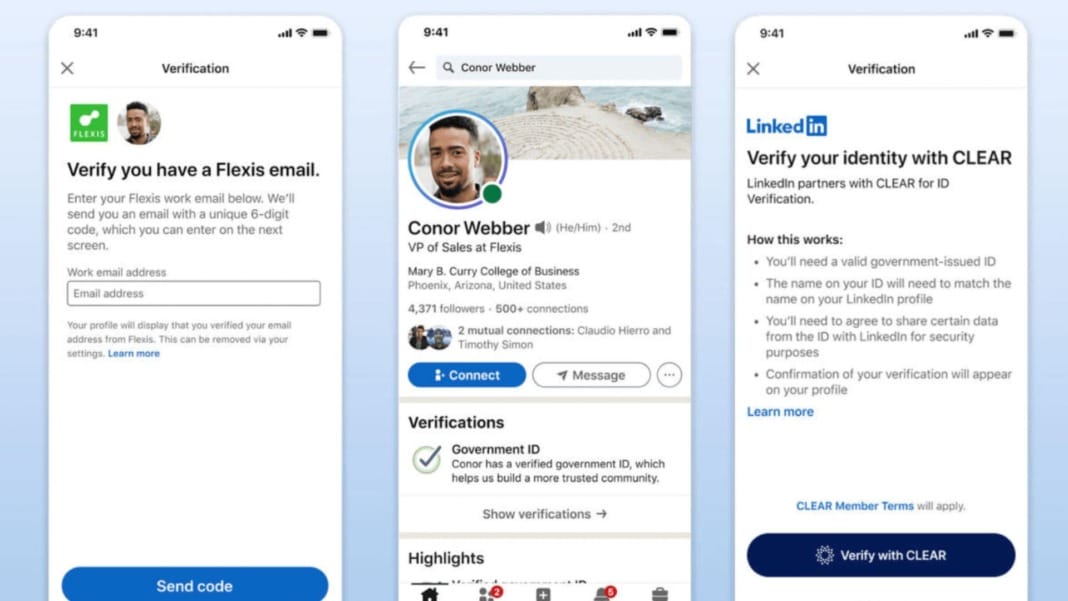In a move likely to significantly impact third-party platforms, X has once again raised the fees for its API access. This decision may complicate matters for those looking to justify their data access on the platform.
What is API access?
API access allows third-party applications to perform various functions on X, such as sharing posts and scheduling updates. More advanced features, including profile and post analytics, are also part of this access. These functionalities can significantly enhance how users interact with the platform. However, since Elon Musk acquired the platform, significant changes to API pricing have been implemented.
Following the acquisition in 2022, Musk aimed to curb generative AI projects that had been scraping data from X without proper authorisation. This approach stemmed from his disagreements with OpenAI, which had utilised Twitter data to develop its initial language models.
The impact of previous price increases
The introduction of higher API price tiers had already forced many third-party applications to close down, as they could no longer afford the expenses of accessing necessary data. While some tools attempted to merge to minimise the impacts of these changes, many useful analytics applications have disappeared from the market.
Now, the situation worsens, as the price for the previously free “Basic” tier has doubled from US$100 to US$200 per month. Additionally, the pricing for the “Premium” access option has been raised to a staggering US$42,000 per month. Users will also face an extra charge of US$1 per month for each account that connects to X’s API via their app. When you consider multiple users of each application, these increases can lead to substantial costs for third-party platforms.
NEWS: X has updated the pricing and features of its API tiers. (h/t @justredpillme).
— X Daily News (@xDaily) October 26, 2024
The price of the Basic tier has doubled from $100 to $200 per month, though X has added discounts if you buy the yearly plan.
The Free tier also added a small amount of Read and Write access.… pic.twitter.com/GEtjaRkEeb
Consequently, this latest price hike could force even more third-party X applications to shut down, disrupting your workflow and interaction with the platform.
A step backwards for the platform?
This trend represents a backward step for X, particularly considering its historically complicated relationship with third-party developers. The platform’s management initially encouraged third-party development to broaden access and enhance user experience. However, as the company sought to grow its business offerings, it increasingly restricted third-party access.
Attempts to rebuild relationships with developers were made in 2015, yet now, X prioritises profit generation above all else, likely in response to declines in advertising revenue. This prioritisation suggests that the cost of API access will only increase, resulting in fewer applications being able to integrate X effectively.
Is this a beneficial strategy in the long run? Only time will reveal the answer. Previous Twitter management recognised the pitfalls of such a strategy and sought to reconnect with developers to regain the advantages that come with exposure.
X has introduced some adjustments to its API access tiers over time, including expanded one-off access for a fixed fee, demonstrating that it has listened to specific developer concerns. However, the overarching result is that developers now face higher costs to access X, which will further limit its ecosystem.
The key question remains: will these changes ultimately generate more revenue for X? Historical evidence suggests otherwise. However, the evolving landscape of generative AI, alongside the necessity for human input, may indicate that X is attempting to position itself advantageously for the future.
In this light, perhaps X believes that these adjustments to API access will significantly enhance the value of its AI initiatives.





